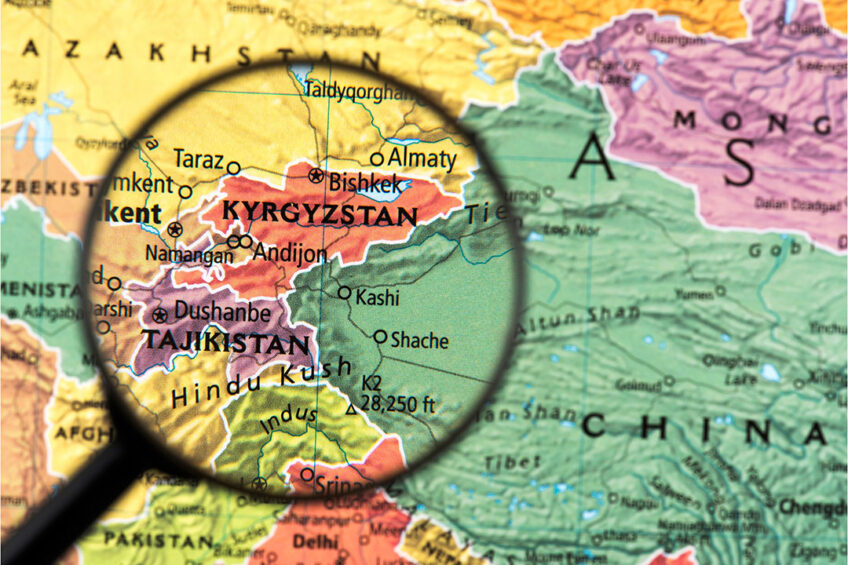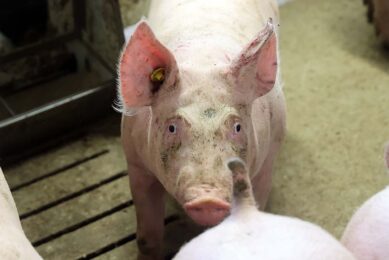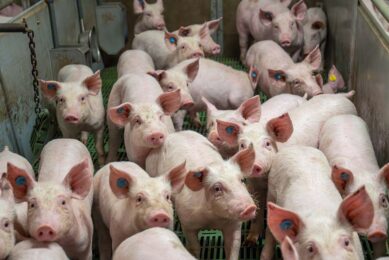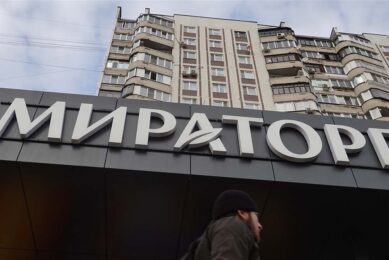Kyrgyzstan lowers import duty on pork

Kyrgyzstan has asked the Eurasian Economic Commission, a governing body of the Eurasian Economic Union, to lower the import duty on pork from 3,000 tonnes in 2023 to 2,000 in 2024.
Kyrgyzstan was the only country voluntarily requesting lower import duties in the Eurasian Economic Union, a trade block also comprised of Russia, Belarus, Armenia, and Kazakhstan. Import quotas on poultry remained at 58,000 tonnes, beef at 5,000 tonnes.
Over the past years, import quotas on meat have been a regular subject of fierce debates among the members of the Eurasia Union, as the countries demanded their levels to be raised or at least remain intact. The Kyrgyz ministry of agriculture told local news outlet Economist that the reason for this unusual move was a lack of demand on the domestic pork market. The ministry declined to elaborate.
No reliable data
Kyrgyzstan is a post-Soviet republic in Central Asia with a 6.7 million predominantly muslim population. There is no concrete statistical data on pork production and sales in Kyrgyzstan. In November 2022, local news outlet Vecherny Bishkek reported that pig farming in the country nearly ceased to exist, due to not only economic reasons. The Kyrgyz government even suspended listing pork among food products manufactured in the country.
Over the past few years, pig farmers in Central Asia complained about the administrative pressure of local authorities. Farmers claimed it was nearly impossible to get a bank loan to develop their businesses.
Complete import-dependence
Vecherny Bishkek stated that Kyrgyzstan imports almost all pork from its neighbouring countries. In the past year, high import dependence caused substantial price fluctuations on the domestic market. In 2021, Russian pig company SibAgro launched pork exports to Kyrgyzstan. Georgy Cholokyan, head of the export department at SibAgro, said that it planned to deliver 40 tonnes of pork a month to the country. The local market was small, as 90% of the Kyrgyz population are muslims.
Russians secure demand
In 2022, local publication TrueStory estimated that almost all pork in Kyrgyzstan was sold in the country’s capital, Bishkek, where 40% of the population is of ethnic Russian descent. The Kyrgyz government estimated that around 350,000 ethnic Russians lived in the republic in 2021. Last year, this figure likely surged, as 184,000 people came to the country from Russia. They were mostly young men of the conscription age, as estimated by the local immigration office.
 Beheer
Beheer








 WP Admin
WP Admin  Bewerk bericht
Bewerk bericht